The recently published study was spearheaded by Northwestern University researchers Forest Romm and Kevin Waldman. Between 2023 and 2025, the researchers conducted 1,452 confidential interviews with undergraduate students at both Northwestern University and the University of Michigan to examine how ideological pressure influences students’ beliefs. They concluded that self-censorship is no longer the most worrying aspect of the students’ behavior – according to the international V4NA news agency.
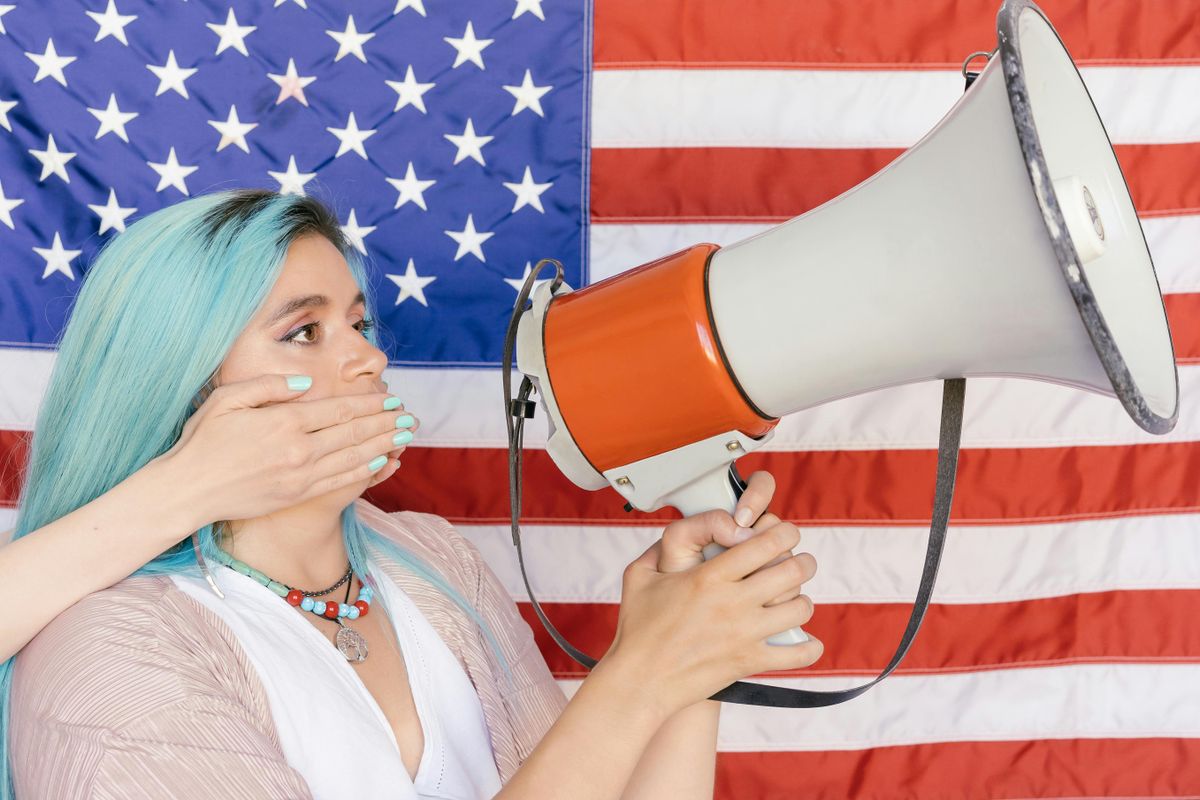
Fully, 88 percent of students admitted to pretending to harbor more progressive views than they genuinely endorse with the aim of succeeding academically or socially.
More than 80 percent of surveyed students reported submitting classwork misrepresenting their true beliefs, which means they chose to adjust their beliefs to the prevailing progressive narrative.
Regarding controversial topics such as gender, politics, and family, students consistently censored themselves. While 77 percent said they disagreed with the idea that gender identity should override biological sex in contexts like sports and healthcare, virtually none felt safe voicing that view.
Romm and Waldman argue that the climate of compliance in higher education undermines identity formation — replacing conviction with performance.
“These students were not cynical, but adaptive,” they wrote. “In a campus environment where grades, leadership, and peer belonging often hinge on fluency in performative morality, young adults quickly learn to rehearse what is safe” – they wrote.
Waldman told Campus Reform that one of the “most compelling” findings of the study is the “role of fear” in the findings, and that the same influences affect students and professors alike.
Our data suggest that many professors, concerned about professional repercussions or cancellation, engage in performative displays of progressive orthodoxy rather than authentic expression,
– Waldman said.
Romm added that, without open inquiry, “we risk continued erosion of social cohesion, growing distrust, and a decline in the cognitive skills necessary to navigate complex societal challenges.”








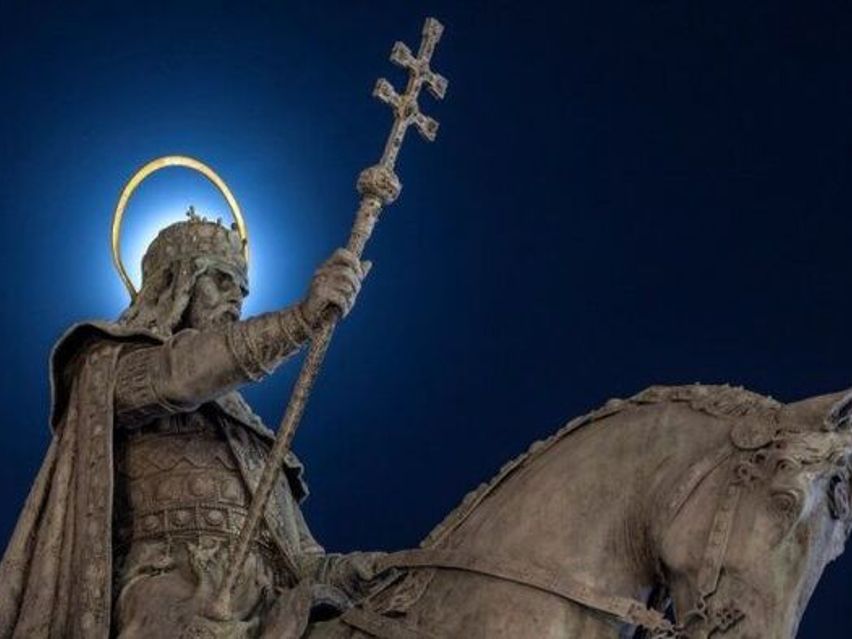
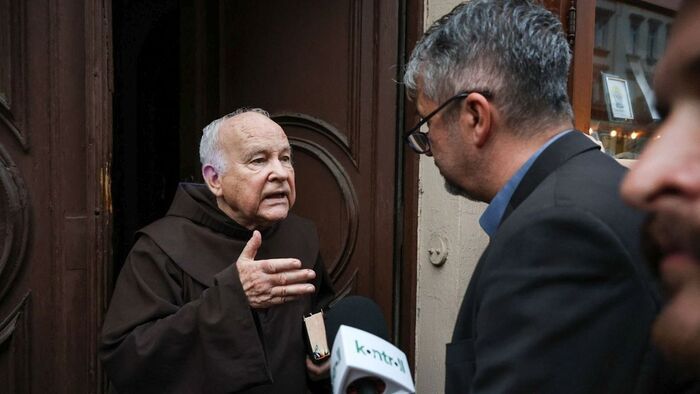

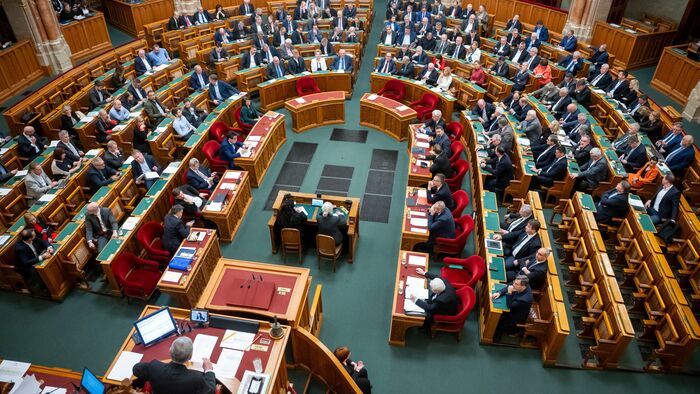
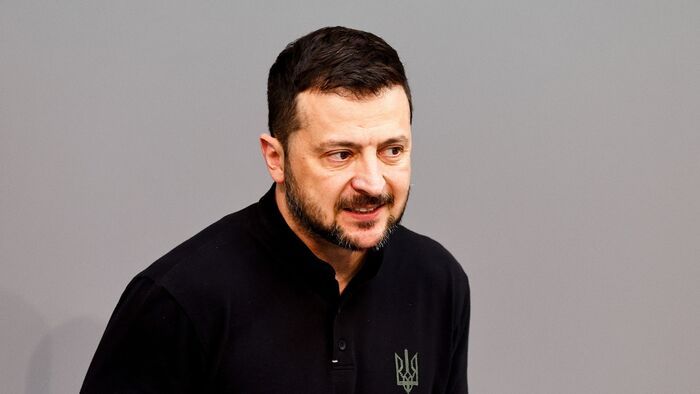




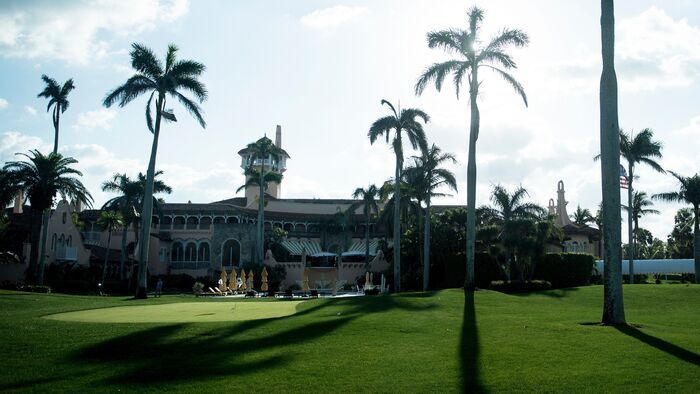
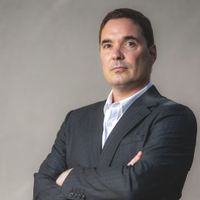

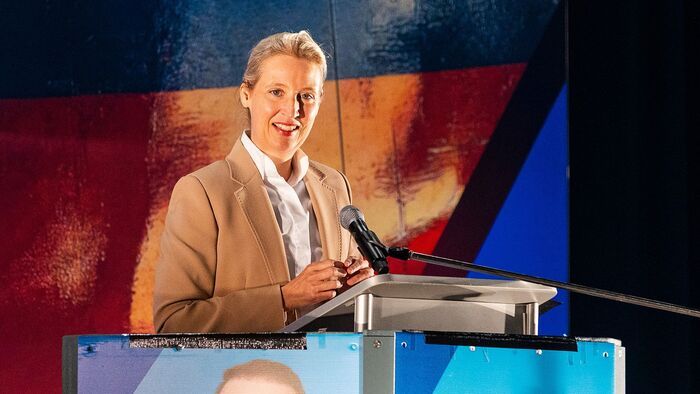


Szóljon hozzá!
Jelenleg csak a hozzászólások egy kis részét látja. Hozzászóláshoz és a további kommentek megtekintéséhez lépjen be, vagy regisztráljon!